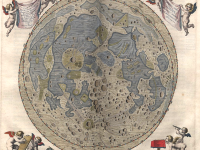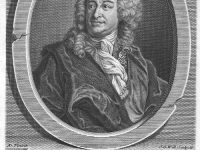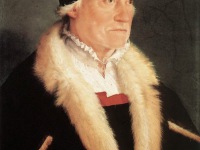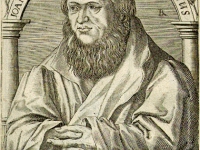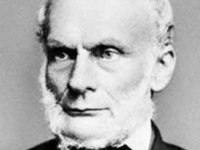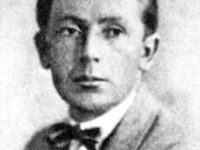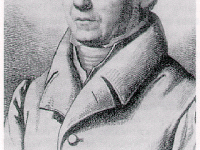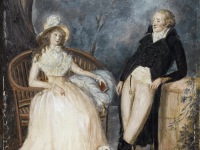Johannes Hevelius and his Selenographia
On January 28, 1611, German astronomer Johannes Hevelius was born. From four years’ telescopic study of the Moon, using telescopes of long focal power, Hevelius compiled Selenographia (“Pictures of the Moon“, 1647), an atlas of the Moon with some of the earliest detailed maps. Family Background and Early Years Johannes Hevelius‘ father was a succesful merchant and pushed Johannes to follow his footsteps rather than pursue a scientific career. Hevelius was sent to Poland…
Read more

